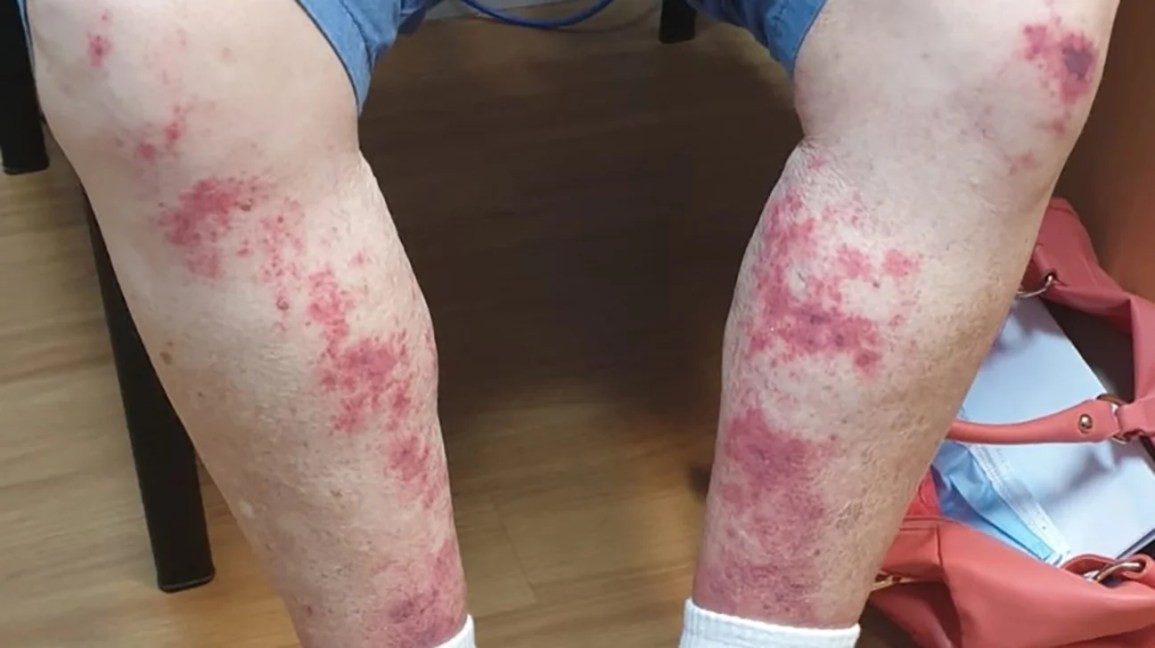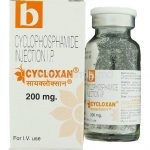
Contents
Early Stages of a Rheumatoid Vasculitis Rash
Rheumatoid vasculitis (RV) rash is a rare yet serious symptom of rheumatoid arthritis (RA). Long-term RA can affect your skin in various ways. RV rash affects up to 25 percent of people with RA.
Early signs and symptoms may include:
- Inflammation of blood vessels
- Itchy hands and feet
- Painful skin rashes that may lead to ulcers
- Purplish bruises
- Pain in fingers and toes
- Mouth sores
Inflamed blood vessels can block blood flow in rare cases. Consult your doctor if you have RA and show symptoms of vasculitis, which can be detected through a biopsy.
What is rheumatoid vasculitis?
Rheumatoid vasculitis (RV) is a severe symptom of poorly controlled or uncontrolled rheumatoid arthritis (RA). RV occurs when inflamed blood vessels affect the skin, nerves, fingers, toes, and internal organs. It may appear as a daunting rash.
The common signs and symptoms of RV include:
- Small pits on fingertips
- Painful, red rash (typically on legs)
- Purple bruises
- Redness or sores around nails
- Blotchy red lesions on extremities
- Fever
- Fatigue
- Loss of appetite
- Weight loss
- Necrosis (tissue death) of fingers or toes
- Numbness
- Tingling
- Muscle weakness
- Joint pain
- Loss of sensation
- Chest pain
- Abdominal pain
- Heart attack, stroke, or kidney failure (in rare cases)
Skin rashes leading to ulcers determine the severity of RV. Nerve involvement may cause a pins and needles sensation. Symptoms vary depending on which part of the body is affected. Pain, redness, and vision problems are possible.
When RA progresses to RV, you may experience fatigue, fever, and weight loss.
What are the potential causes and risk factors for rheumatoid vasculitis?
Rheumatoid vasculitis (RV) is an immune reaction resulting from the heightened autoimmune state associated with rheumatoid arthritis (RA). The exact cause is still uncertain.
RV likely develops from a combination of factors, including:
- Uncontrolled RA
- Higher levels of certain antibodies and proteins typically found in people with RA (anti-inflammatory proteins, rheumatoid factor antibodies)
Risk factors for RV
- Smoking: Linked to RV. Some researchers suggest that smoking damages blood vessel linings, increasing the risk of developing RV.
- RA: RV is more common in people with RA.
- People with rheumatoid factor antibodies, rheumatoid nodules, and long-standing RA are most susceptible to developing RV.
No specific test identifies RV. Blood tests may show signs of inflammation and elevated levels of certain antibodies, but they do not specifically diagnose RV. A biopsy of affected tissue or organ (such as the skin, muscle, nerve, or kidney) may confirm vasculitis but may not be specific to RV. Neurophysiology tests can guide biopsies and reveal signs of inflammation in the nerves and muscles. X-rays or other imaging techniques may detect vague signs of vasculitis in blood vessels.
QUESTION
What are the treatment options for rheumatoid vasculitis?
Treatment for rheumatoid vasculitis (RV) depends on the severity and affected blood vessels. RV has no known cure, but prompt treatment can control vessel damage and relieve symptoms.
Medications
- Rheumatoid arthritis (RA) medications may alleviate joint pain and vasculitis in some cases. It is crucial for individuals with RV to receive effective RA treatments.
- Corticosteroids and immunosuppressive medications may be used for severe or widespread RV. Biologics may be necessary for more severe cases.
Treating mild RV symptoms
- Mild symptoms like fingertip sores typically require keeping the affected area clean and protected to prevent infection.
- Prednisone and other corticosteroids may also provide relief.
Treating RV with organ involvement
- Severe RV with organ involvement may demand higher doses of steroid medications. Biologics and disease-modifying antirheumatic drugs may be necessary.
Smoking cessation
- Smoking increases the risk of RV. Quitting smoking can lower the risk of developing the disease.
- If help is needed to quit smoking, seek advice from a rheumatologist.
Other options
In addition to following prescribed treatment, the following steps can help manage vasculitis:
- A healthy diet
- Routine vaccinations
- Regular exercise
- A strong support system
Some medications may have serious side effects, such as blood in the urine (hematuria) or an increased risk of infection. Your healthcare provider will monitor for any issues.
To prevent medication side effects, additional calcium and vitamin D may be necessary to prevent steroid-induced bone thinning (osteoporosis). Consider getting a flu shot, pneumonia vaccination, and/or shingles vaccination to reduce the risk of infection. Discuss these options with your doctor.
Drugs That Slow
RA’s Progress
What is the outcome of people with rheumatoid vasculitis?
Despite effective treatment, rheumatoid vasculitis (RV) relapses can occur. If symptoms return or new ones develop, contact your doctor immediately. Regular visits and ongoing monitoring through lab and imaging tests are crucial to detect relapses early.
Untreated RV may lead to complications such as:
- Heart attack
- Stroke
- Kidney failure
- Restriction of blood supply to the bowel
- Atherosclerosis
- Damage to the lungs, kidneys, or digestive tract (rare cases where RV damages blood vessels in other body systems)
- Pressure injuries and infection
- Blindness
- Pericarditis (inflammation of the sac around the heart)
RV is one of the most serious complications of long-term rheumatoid arthritis (RA), and the prognosis depends on the severity of the disease and organs involved. Some people experience milder symptoms, while others develop serious complications like heart failure, kidney failure, and stroke.
People with RA and RV generally have a poorer prognosis than those with only RA. The prognosis varies based on symptom severity and whether the RV is localized or systemic. Localized RV affecting only one body part, such as the fingertips, is easier to manage than systemic RV, which affects the entire body.
Systemic RV is becoming less common due to more effective RA and RV treatments. Early detection and treatment are crucial for disease control and the protection of blood vessels, tissues, and organs. Quitting smoking can reduce the risk of RV. However, if RV becomes systemic, it is extremely dangerous and potentially fatal.
Vasculitis can be acute or chronic. Doctors work to prevent permanent damage to vital organs and nerves, such as the lungs, kidneys, and brain. However, patients often experience issues like extreme fatigue, pain, arthritis, nose and sinus problems. Medication side effects, especially from glucocorticoids, can also be troublesome. Infections are more likely in immunocompromised individuals. Overall, with the use of the latest RV treatments, the outcome for people with vasculitis is often positive.


